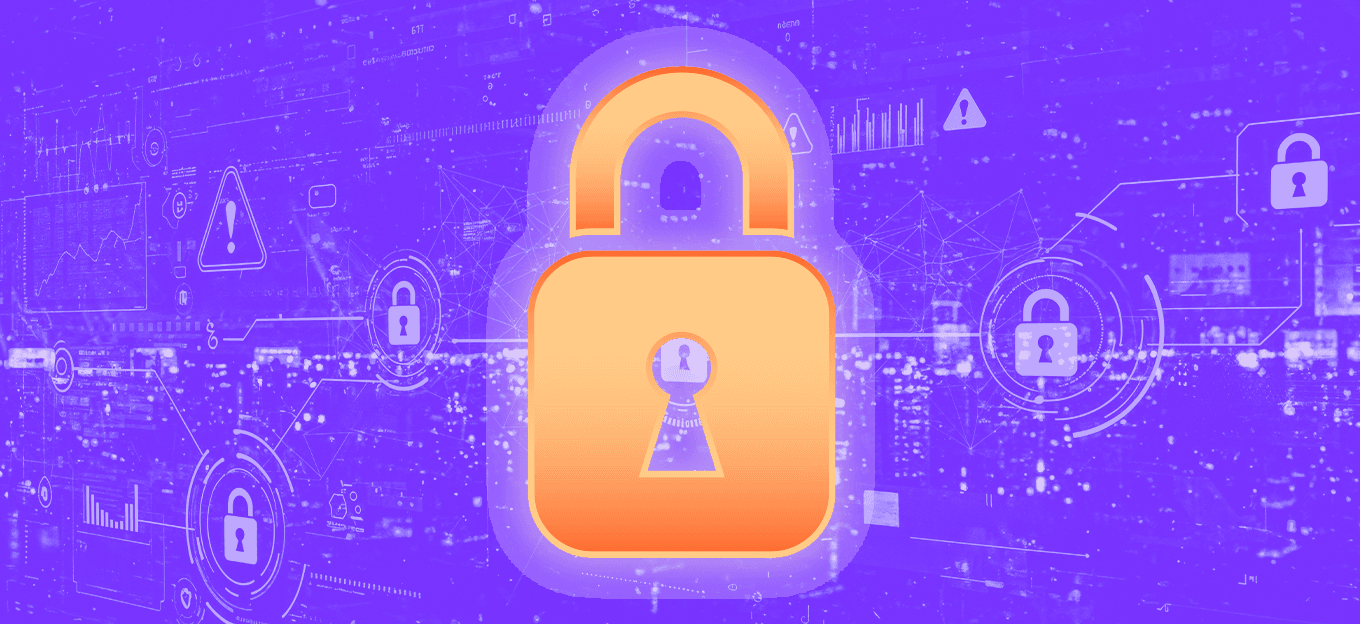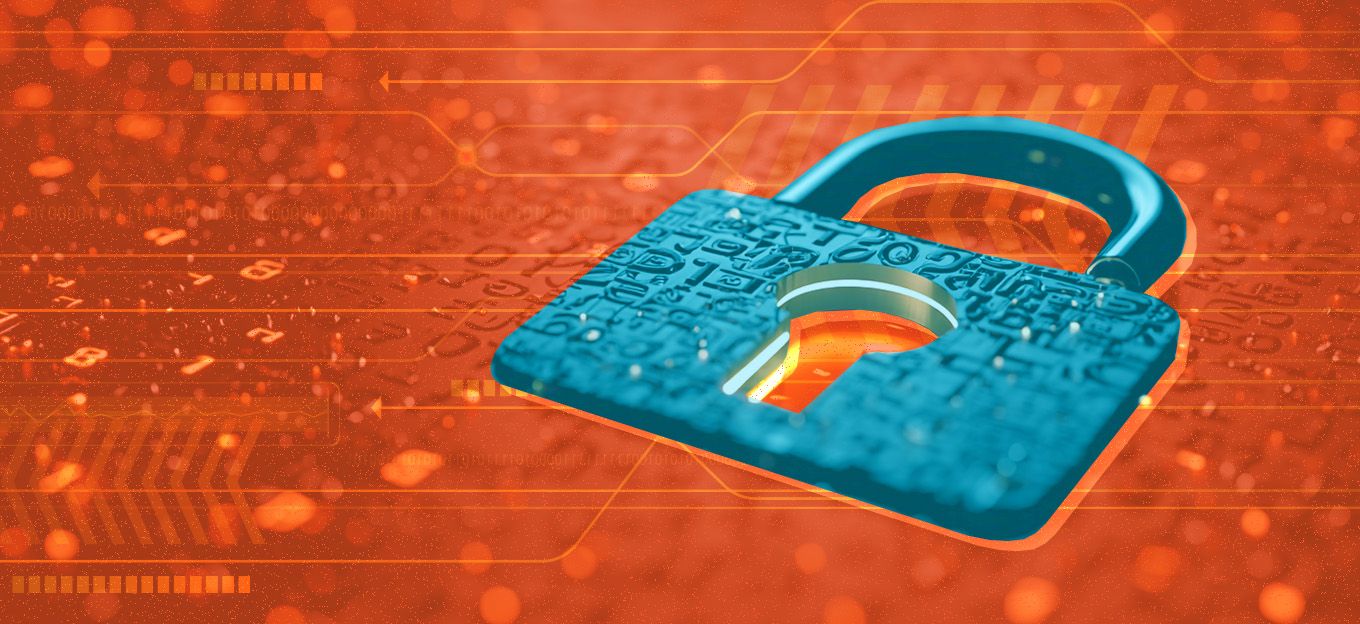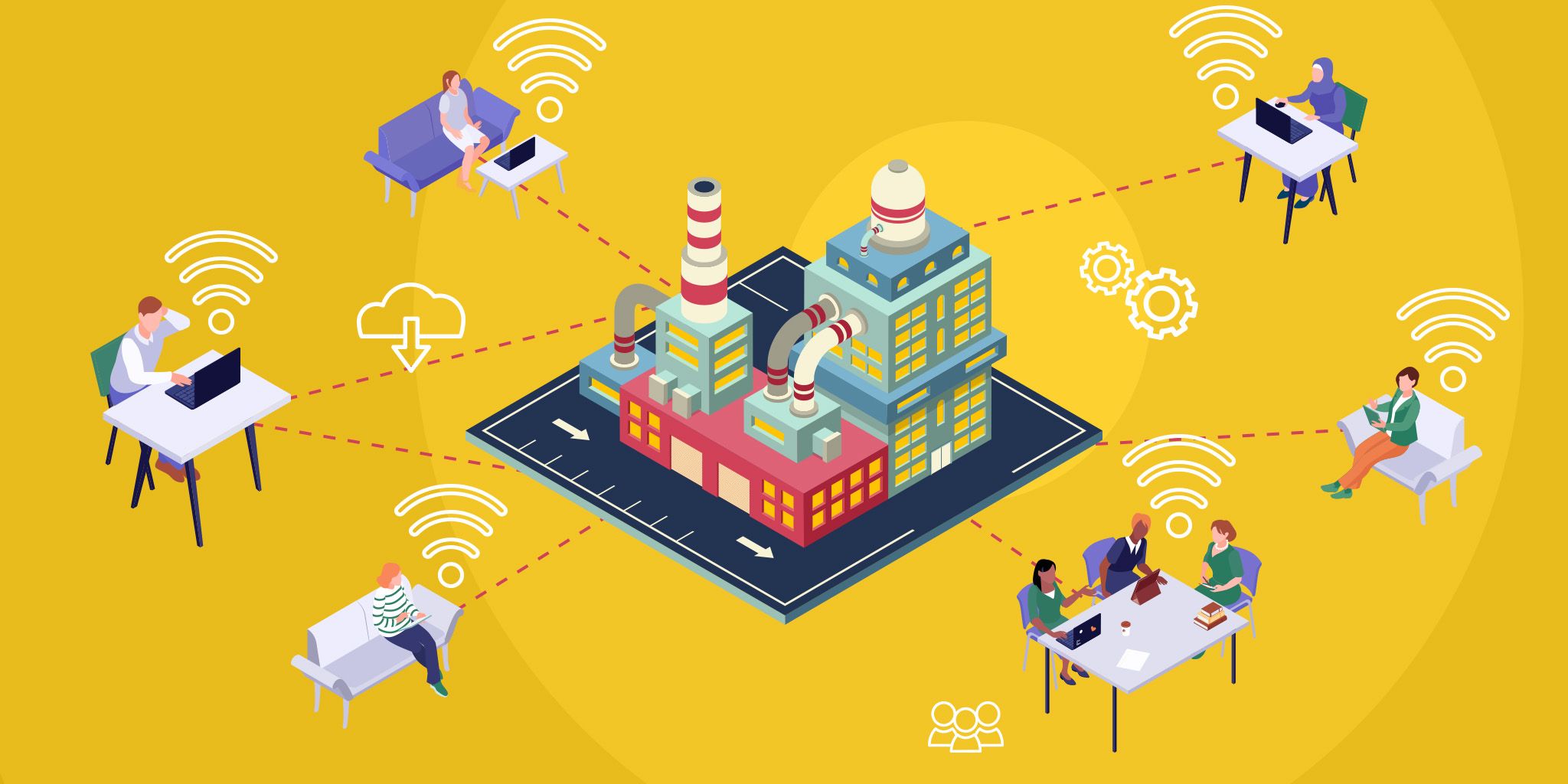Industrial IoT: Benefits, Applications, and Challenges Of Wide-Spread IIoT Implementation
Industrial IoT: Benefits, Applications, and Challenges Of Wide-Spread IIoT Implementation
- Last Updated: December 2, 2024
Noah Rue
- Last Updated: December 2, 2024



Industrial Internet of Things (IIoT) technology has unprecedented potential to streamline processes and cut costs. From automation to data-driven insights, IIoT can augment existing assets and maximize workforce efficiency. However, challenges persist in the widespread implementation of IIoT.
Industry 4.0 utilizes wireless automation to enhance performance. But in a world of increased cybersecurity risk, are the challenges of IIoT worth adopting this technology?
Industry 4.0, the revolution of industrial processes through smart technology, is all about wireless automation to enhance performance. But in a world of increased cybersecurity risk, are the challenges of IIoT worth adopting this tech?
This question can be better answered by exploring the benefits, Applications, and challenges of wide-spread IIoT in the real world.
The Benefits of Industrial IoT
First off, it’s useful to explain just what IIoT is and how it can revitalize modern operations. IIoT is the application of connected smart devices to monitor, automate, and predict all kinds of industrial processes and outcomes. These technologies offer everything from enhanced worker protections through factory floor monitoring systems to the predictive maintenance possibilities currently revolutionizing the fleet management industry.
Widespread implementation of such systems changes the ways manufacturers, supply chains, and warehouse managers function more effectively. With IIoT, data-driven insights power greater results. For many businesses, this can mean:
- Greater energy efficiency
- Reduced costs
- Better quality products
- Improved decision-making potential
- Less equipment downtime
In short, the automation and data-gathering capabilities of IIoT devices make for a more efficient workplace. As less energy is used, product efficiency is enhanced, and metrics are assessed, industrial businesses have the potential to streamline practices like never before. Since every downtime incident causes an average loss of $17,000, the application of IIoT in predictive maintenance alone can mean substantial savings.
These benefits of IIoT are the reason widespread adoption of this technology is so desirable. As of now, many companies across industries are already using it to great effect.
How IIoT Is Being Used
The innovative potential of IIoT is virtually limitless. However, there are three primary categories in which this technology is applied within industries to promising results. These categories are remote monitoring, predictive maintenance, and automation.
Here are examples of IIoT uses in each of these three categories to give you a better idea of what properly implemented smart devices can achieve:
Remote Monitoring
Radar-level sensors provide local displays so that operators can easily manage levels through a singular dashboard. These systems make for easy measuring points on moving and rotating machinery, so operators are constantly fed real-time data regarding the equipment's functionality. This, in turn, gives insights into overall equipment life-cycles and repair needs, allowing for predictive maintenance.
Predictive Maintenance
In the power industry, drones with equipment monitors and sensors are being used to monitor powerline networks and evaluate risks. These drones can anticipate scenarios such as estimating when a tree is likely to fall on a line, resulting in costly maintenance and repair. That way, companies will be informed before the damage is done. In this fashion, predictive maintenance enables cost-effective repairs and intervention before the damage is even done.
Automation
One vital use of automation via IIoT is smart irrigation in industrial farming. Water is a precious resource, but farmers typically have to keep a consistent watering schedule to ensure proper plant care. Smart irrigation systems, however, are automating this process while conserving water. The IIoT device reads moisture levels in the soil and reports to the sprinkler system when water is needed. This way, water, money, and time are all saved.
These three categories of IIoT implementation give industries unprecedented precision and efficiency with the right application. Unfortunately, however, businesses must first overcome the challenges.
The Challenges of Wide-Spread IIoT Implementation
Only now are many realizing some of the broader challenges of managing an industrial IoT network complete with a repertoire of useful devices. Like with any networked device, IIoT components are open to cybersecurity risks. Meanwhile, the application of these devices to fill their potential requires pre-planning and assessment.
When implementing your IIoT system, consider these common challenges to wide-spread IoT success:
- Failure to align KPIs with clear business objectives
- Improper organizational alignment
- Lack of IoT experience
- IoT security threats
The dangers of not taking these challenges seriously can have more than just monetary risks. An autonomous machine can compromise employee safety like a vehicle that has been hacked or infected with malware. Overcoming many of these challenges requires running a cybersecurity risk assessment at consistent intervals during the IIoT device's lifecycle and training staff around the proper implementation.
Final Thoughts
IIoT can have powerful performance benefits for any industry. However, integrating such devices properly requires effective employee instruction and coordination. As part of the future of all industrial workplaces, IIoT sensors and autonomous machines can bring businesses valuable insights but overcoming common challenges like cybersecurity threats will take some time.
The Most Comprehensive IoT Newsletter for Enterprises
Showcasing the highest-quality content, resources, news, and insights from the world of the Internet of Things. Subscribe to remain informed and up-to-date.
New Podcast Episode

Navigating the Future of Embedded Computing
Related Articles
The $240 Billion Shield: Navigating the Global Cybersecurity Surge of 2026
January 22, 2026

Securing the Mobile IoT Workforce: Why Enterprise Mobile Security Is Critical Infrastructure
January 14, 2026

Why AI Risk Visibility Is the Future of Enterprise Cybersecurity Strategy: Q&A With Srikanth Ambatipudi
January 2, 2026



